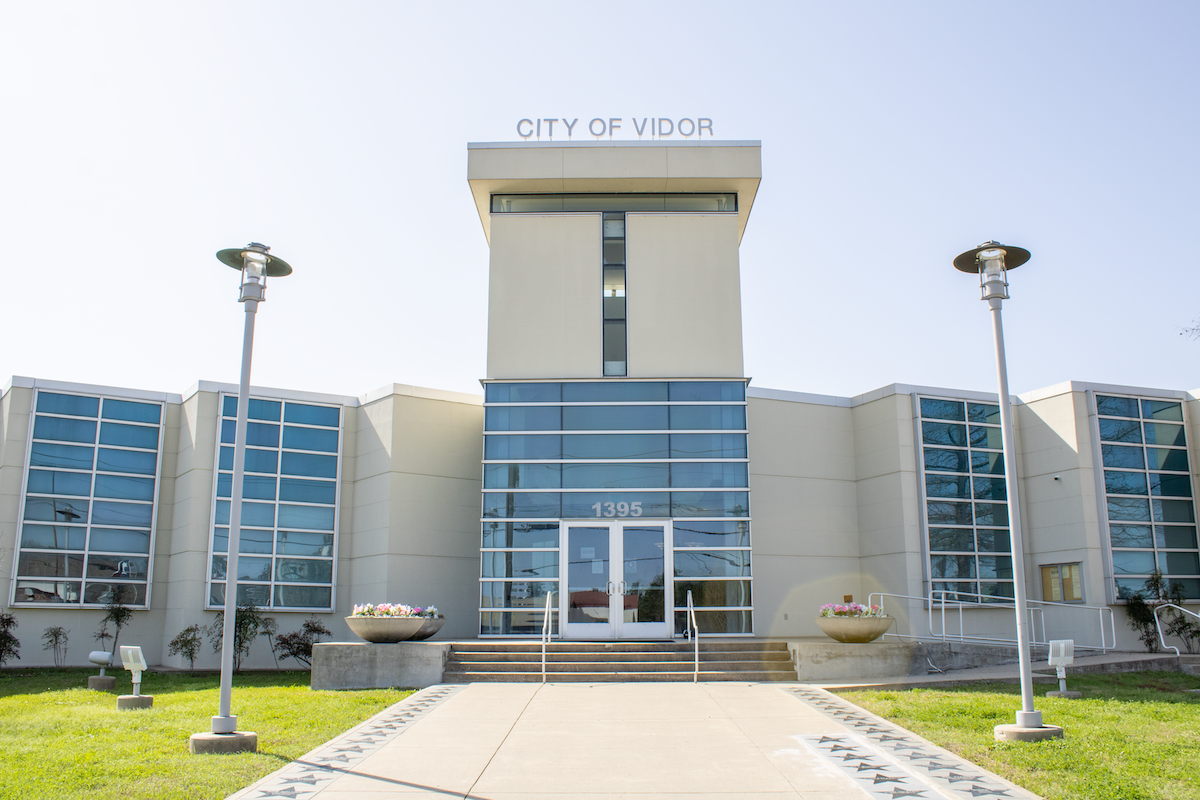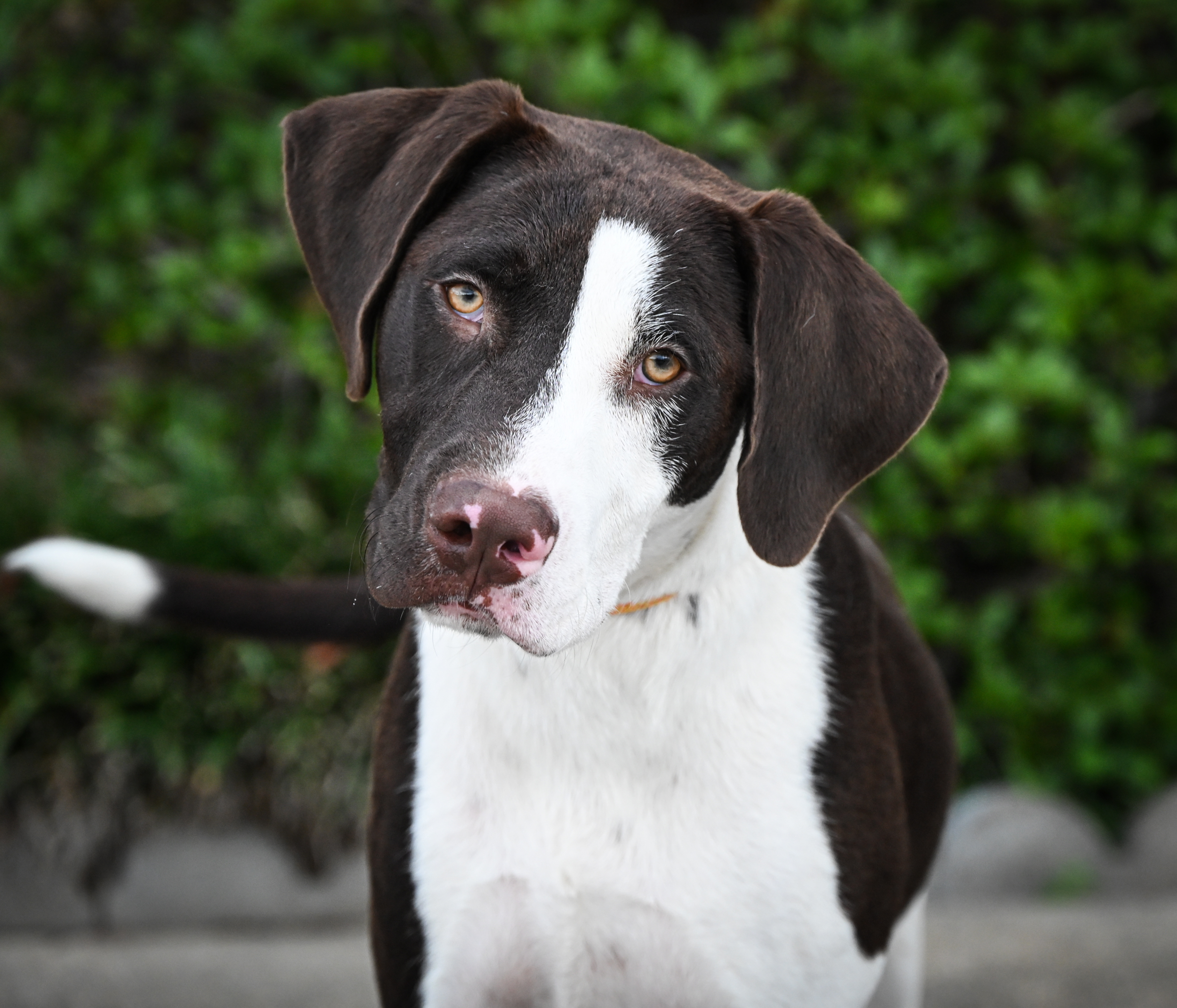OP-ED: Liability on the ranch
Published 12:59 am Saturday, March 6, 2021
|
Getting your Trinity Audio player ready...
|
Raising cattle is a business and way of life that is filled with risk and uncertainty. From the weather to cattle prices, there are a lot of things we just can’t control about our chosen profession.
We have all become so accustomed to this lack of control that we often don’t give much thought to the most unpredictable thing of all—the livestock themselves. If you’ve ever been charged by a 1,500 lb. bull or found yourself between an angry cow and her calf, you know exactly what I mean. If you haven’t, you will have to take my word for it, it’s not a fun place to be.
Working with livestock, especially large livestock like cattle, is inherently a risky business. That’s why the Texas Legislature passed the Farm Animal Liability Act back in 2011. Simply put, the act is designed to protect livestock producers, among others, from liability for property damage, injury or death that results from the fundamental risks associated with farm animal activities.
Many of you have probably seen signs to this effect at livestock shows, rodeos, equestrian centers, and other venues throughout Texas. You see signs at these locations because the 2011 Farm Animal Liability Act primarily addresses those who are “participating in a farm animal activity,” such as rodeo competitors. However, many of us also read the statute to apply to ranchers and ranch hands and the activities associated with ranching.
Unfortunately, the legal language in that area is a little unclear and was challenged in court soon after it became law. In 2013, a ranch hand was trampled to death by a bull. The ranch hand was an employee of the ranch for eight years and knew the job’s dangers well, yet his family sued the rancher for wrongful death. The rancher in turn argued that he was not liable based on the Farm Animal Liability Act.
That case wound its way through the courts and eventually came to be heard in the Texas Supreme Court. In June 2020, the Texas Supreme Court issued a 6-2 opinion that the Farm Animal Activity Act does not apply to ranchers and ranch hands.
As a result of the ruling, if you do not have worker’s compensation insurance and one of your ranch employees are injured by your livestock, you can be held liable. In fact, I’ve already personally seen television advertisements from law firms encouraging personal injury and wrongful death lawsuits that specifically identify agriculture as a target industry.
This is a tremendous legal risk for cattle producers that we must fix, and as a rancher, attorney, and member of the Texas House of Representatives, I have a plan to do precisely that. In November, I filed House Bill 365 to amend the Farm Animal Liability Act. The proposed changes in this bill will make it clear that the liability limitations apply to ranchers and their employees.
Passing this legislation will be one of my top priorities for the 2021 Texas Legislative Session, but there is a long road ahead. Short of putting my fellow legislators in the pens with me working cattle and marking calves, I am working hard to educate them on just how important it is to protect our state’s livestock producers from unnecessary lawsuits and risk.
The leaders and staff of the Texas and Southwestern Cattle Raisers Association have been instrumental in the process, but we need your help, too. Please tell your State Representative and State Senator that you support H.B. 365 to better protect livestock producers from legal liability. They must hear directly from you, their constituent, and understand how damaging it could be to the cattle industry and food supply if we continue to allow ranchers to be sued for their livestock’s unpredictable actions.
Ranching is a hard way of life, but one that is absolutely essential. Many of the risks and challenges faced by cattle producers every day are out of our control, but we can control legal liability. Many family livestock operations simply cannot weather an unexpected lawsuit and continue to feed America at the same time. I hope you will join me in supporting H.B. 365 and helping producers get back to the business of raising our food.
Representative Andrew Murr was first elected in 2014 to represent District 53 in the Texas House of Representatives. The district includes Bandera, Crockett, Edwards, Kerr, Kimble, Llano, Mason, Medina, Menard, Real, Schleicher and Sutton Counties. An eighth-generation Texan, Representative Murr lives on the family ranch near Junction and raises cattle. He is a proud member of the Texas and Southwestern Cattle Raisers Association.






